T4K3.news
Supreme Court overturns convictions of traders
Tom Hayes and Carlo Palombo's sentences for interest rate rigging have been revoked.

Two traders convicted of interest rate manipulation have their convictions reversed by the Supreme Court.
Traders jailed for interest rate rigging have their convictions cleared
The Supreme Court has overturned the convictions of two traders, Tom Hayes and Carlo Palombo, who were imprisoned for manipulating benchmark interest rates. Hayes received a 14-year sentence in 2015 for his role in the Libor scandal, while Palombo was sentenced to four years in 2019 for rigging Euribor rates. Their appeals were allowed as the court found that errors in jury directions during their trials made the convictions unsafe. The Serious Fraud Office, which originally brought the cases, has stated it will not seek retrials. Both men maintained their innocence, arguing that their actions were condoned within the industry at the time.
Key Takeaways
"That misdirection undermined the fairness of the trial."
This quote from Lord Leggatt emphasizes the importance of proper jury instructions in ensuring a fair trial.
"The convictions depended on a definition of Libor that assumes there is an absolute legal bar on a bank's commercial interests."
This quote underscores the complexities of regulatory definitions that played a role in the case's outcome.
"Mr Hayes has always maintained that the Libor rates he requested fell within a permissible range."
This reflects Hayes' continuous defense that his actions were acceptable industry practice at the time.
"The Serious Fraud Office will not be seeking a retrial."
This statement illustrates the finality of the Supreme Court's decision and its impact on future prosecutions.
This landmark Supreme Court decision has significant implications for financial regulation and the prosecution of white-collar crime. By quashing the convictions, the court questions how financial institutions interpret compliance and accountability. It raises broader issues about the enforcement of laws relating to complex financial instruments and whether such prosecutions can uphold the principles of fairness and justice. The reversal may lead to increased scrutiny of how financial practices are assessed in future cases and affect the direction of regulatory policies surrounding benchmarks like Libor and Euribor.
Highlights
- Fairness in trial matters even for white-collar criminals.
- Justice prevails for traders after Supreme Court ruling.
- Industry practices highlighted in landmark decision.
- Legal definitions can make or break convictions.
Legal implications of overturned convictions
The decision may lead to challenges in financial prosecutions and regulatory actions. It raises concerns about the legal framework around white-collar crime accountability.
The implications of this ruling extend beyond these cases, raising questions about accountability in financial markets.
Enjoyed this? Let your friends know!
Related News
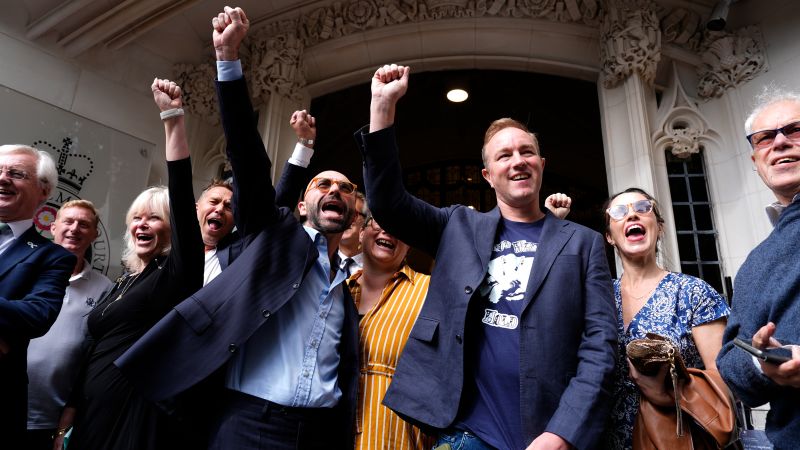
Hayes' appeal granted as conviction overturned

Traders' Libor convictions overturned by Supreme Court

Supreme Court quashes Tom Hayes’ Libor conviction
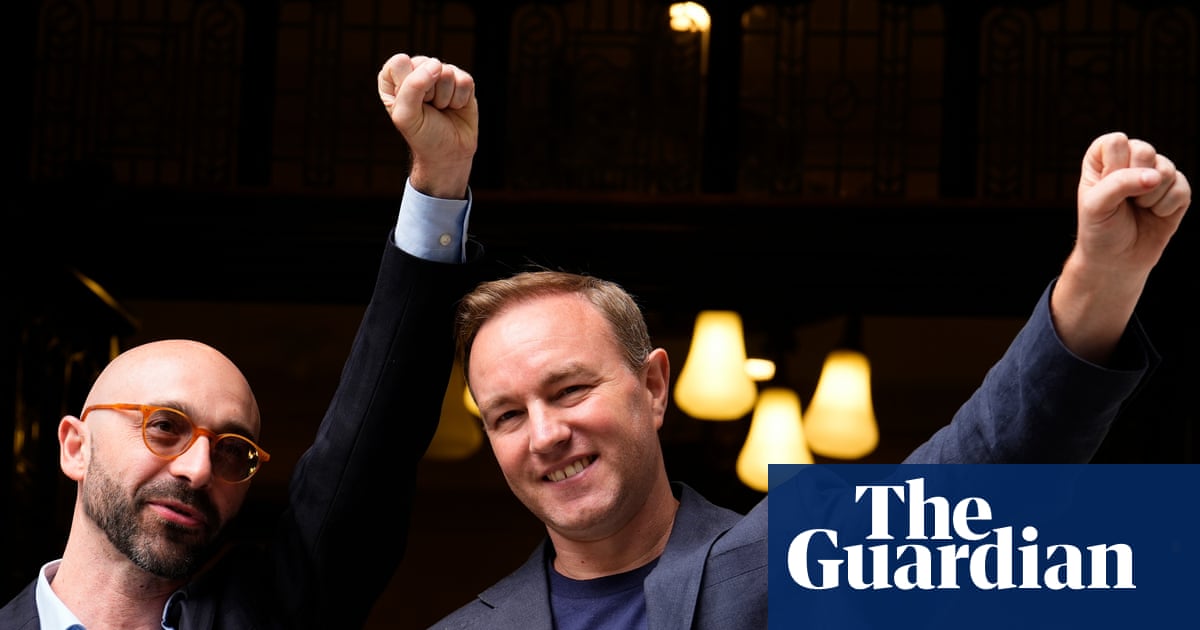
Supreme Court quashes Tom Hayes's Libor conviction
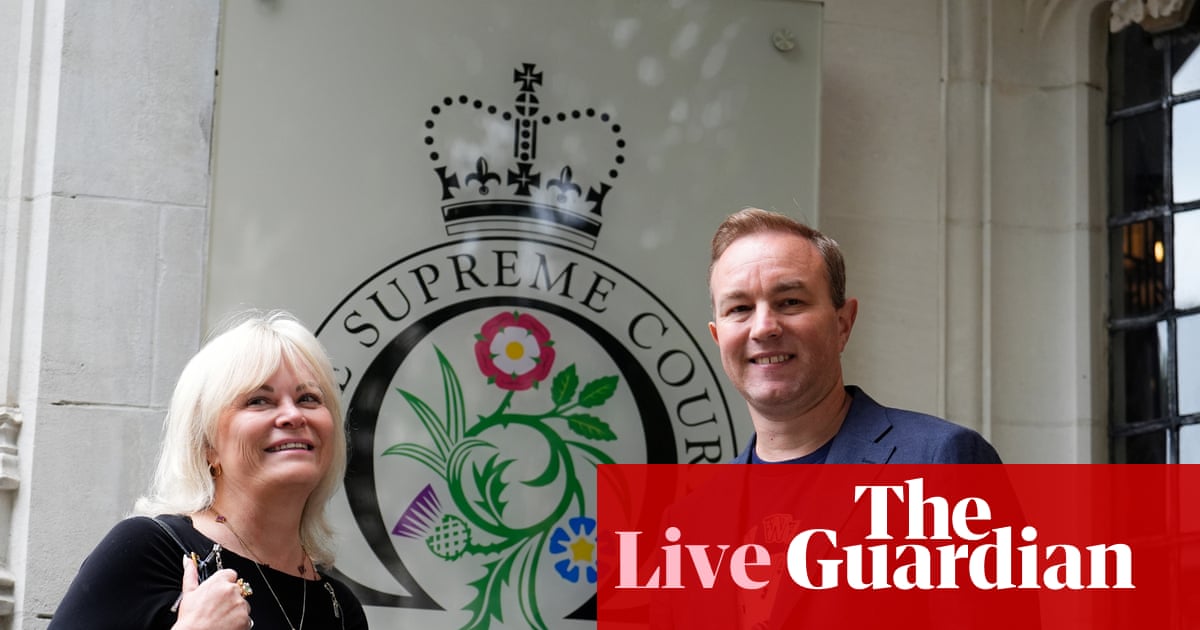
Supreme Court overturns convictions of two City traders
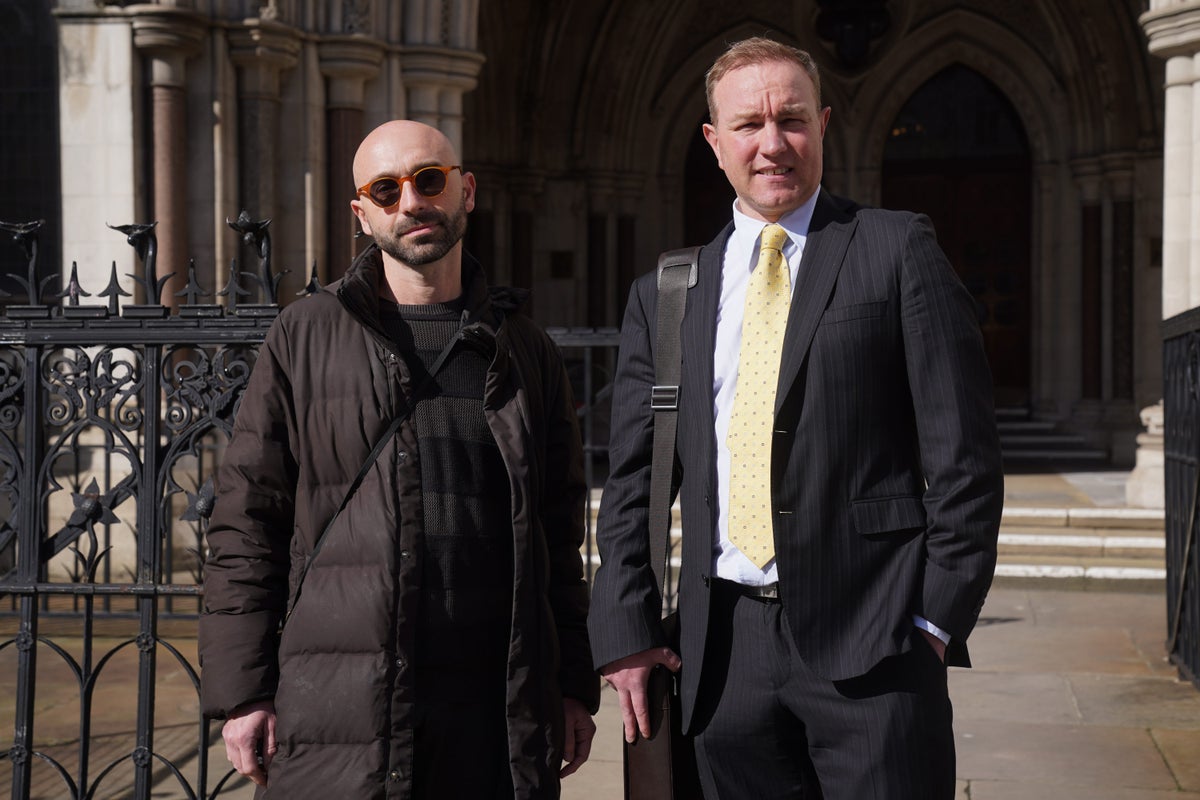
Supreme Court overturns trader convictions
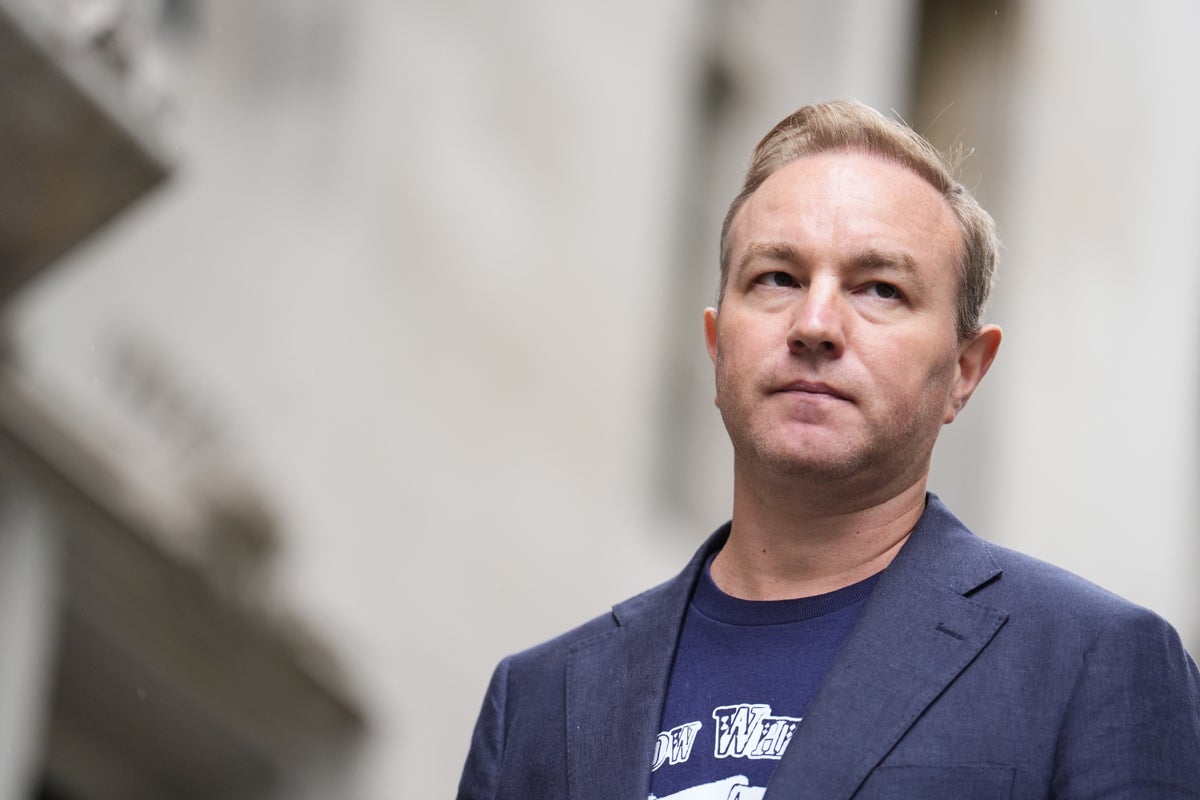
Supreme Court quashes Tom Hayes' conviction

Ghislaine Maxwell appeals to US Supreme Court
